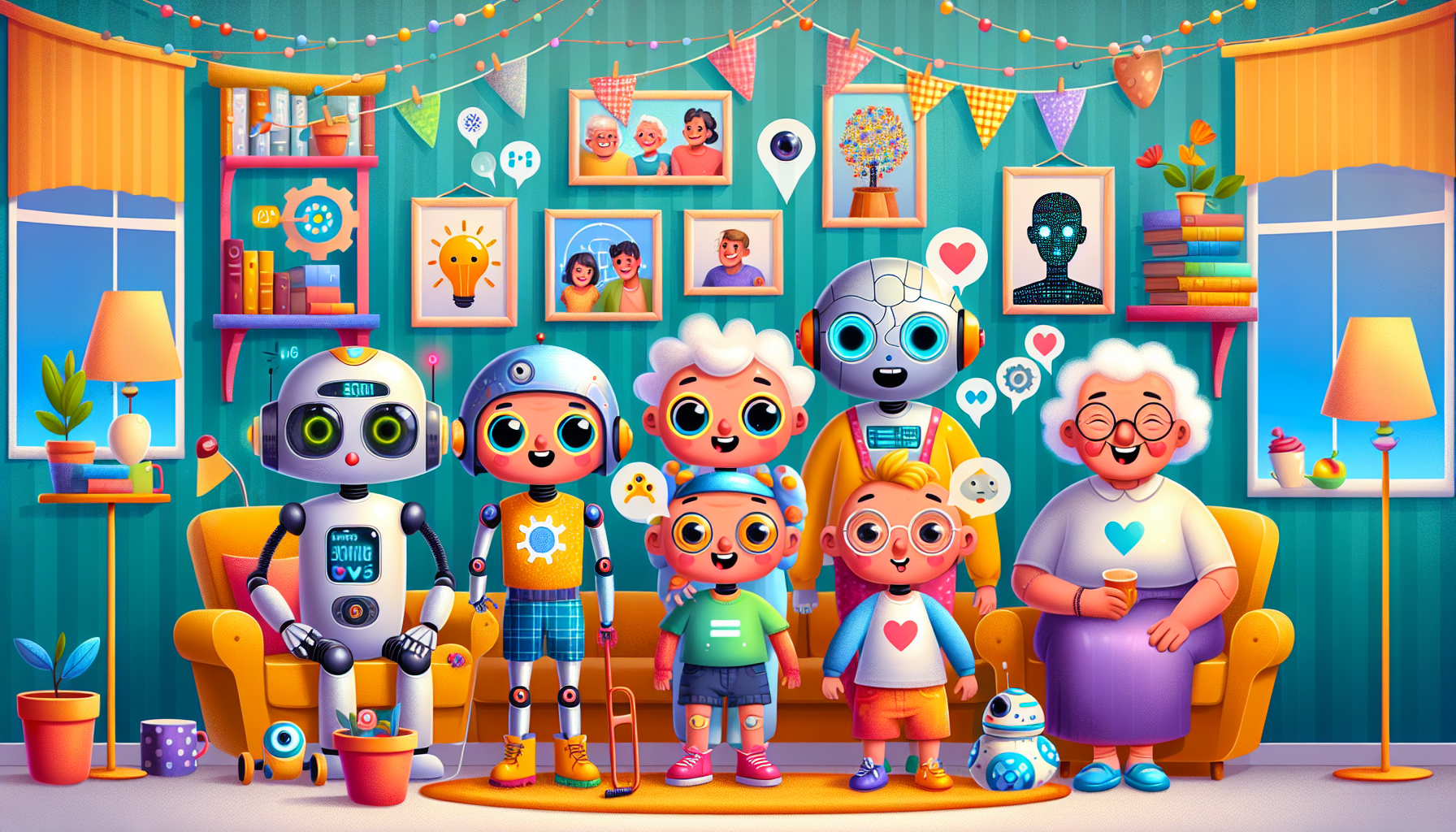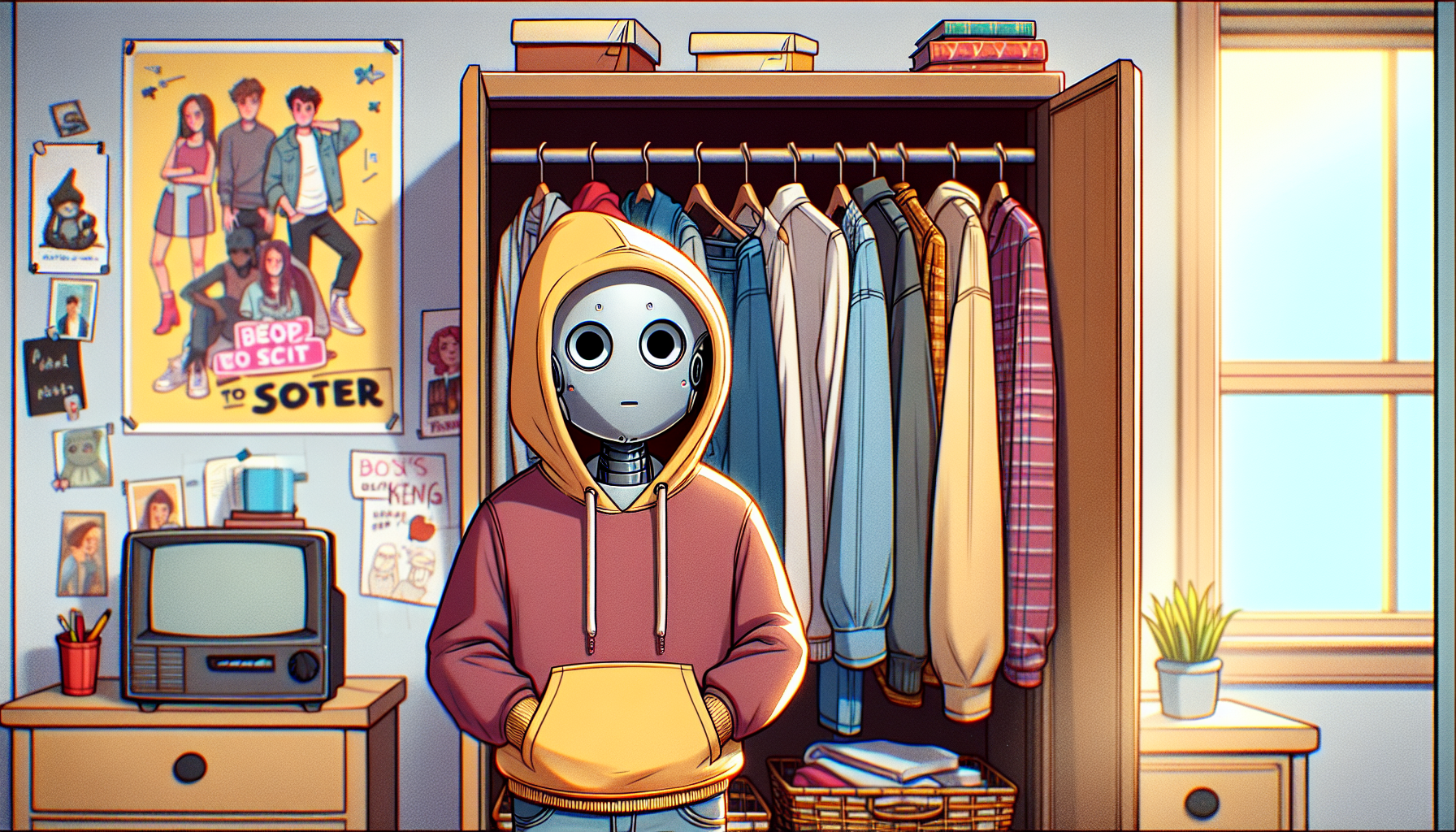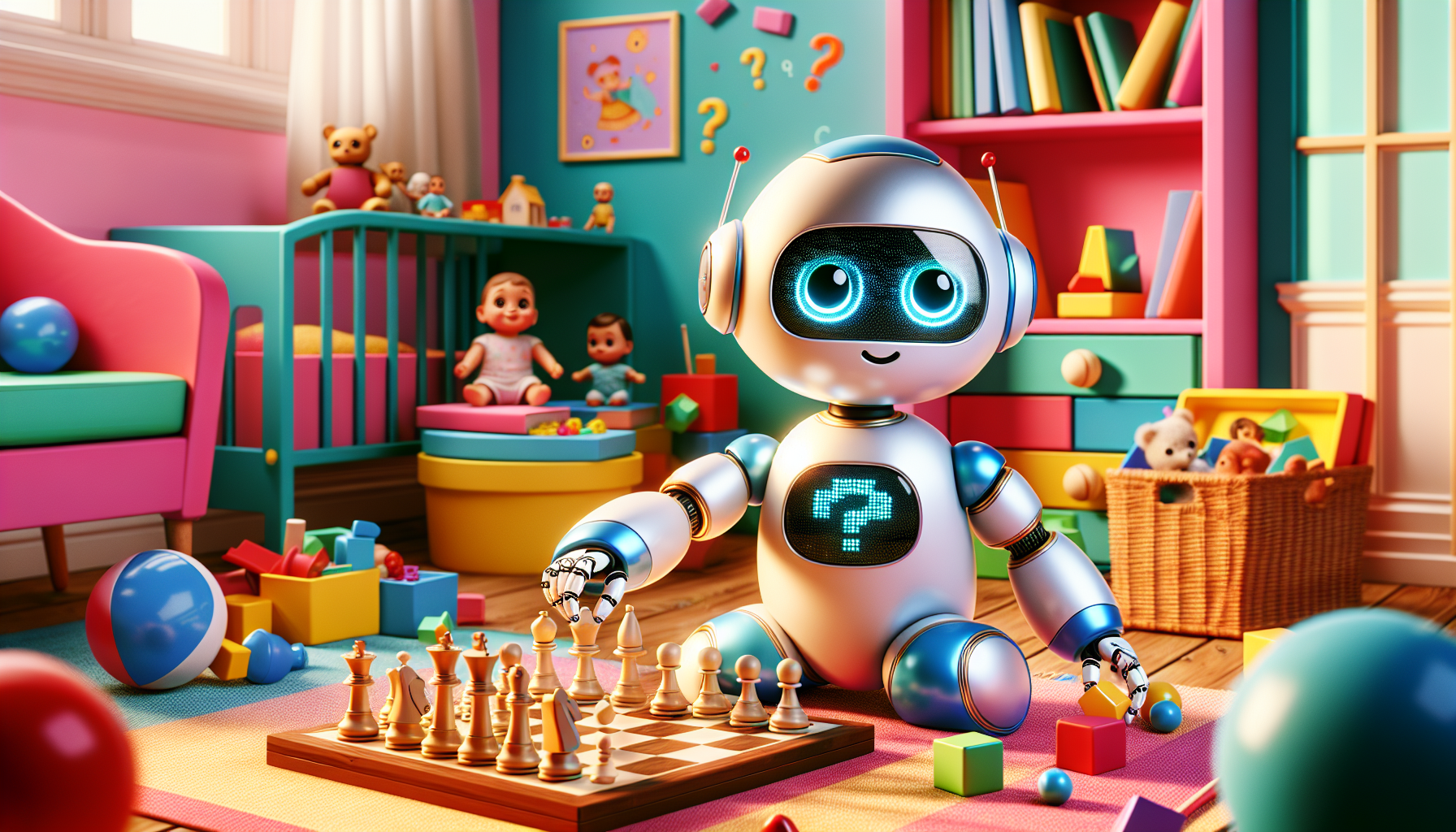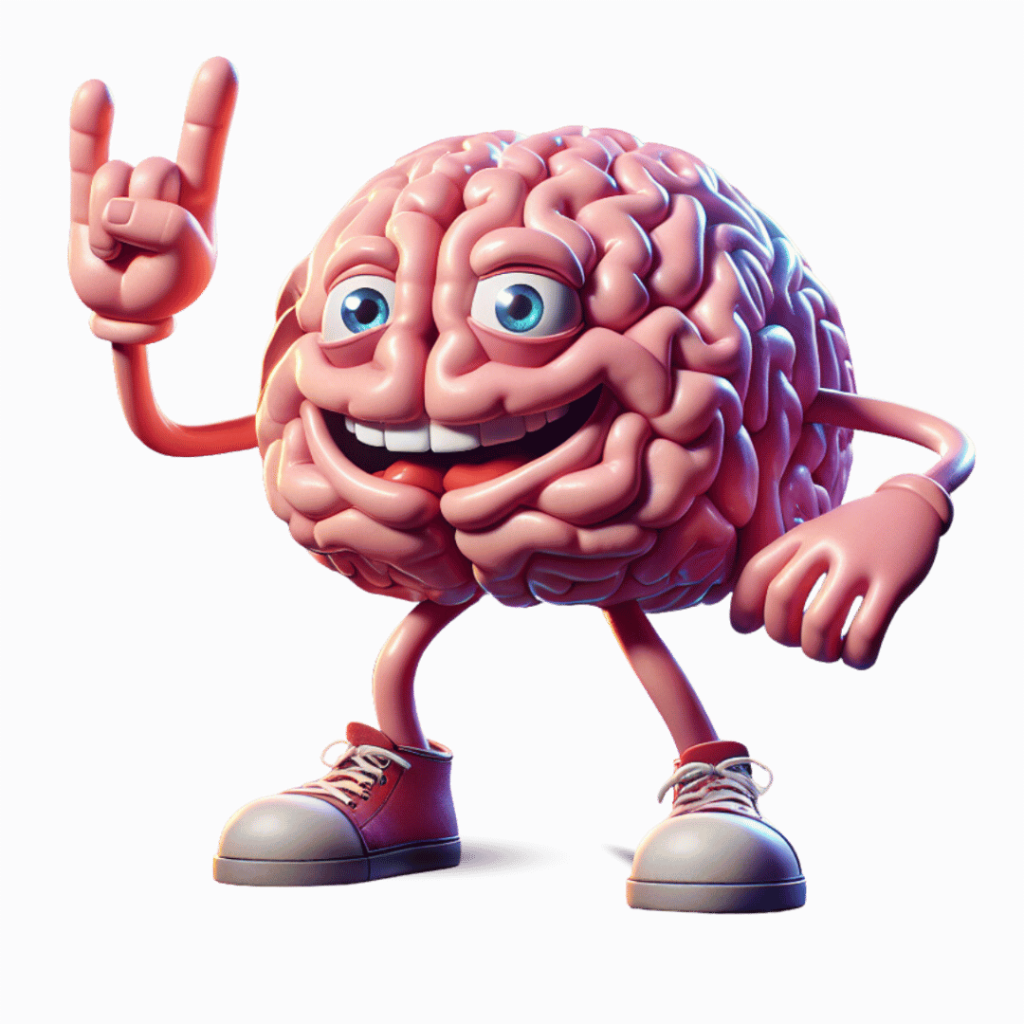Introduction
Ever wondered what would happen if all the AI types gathered at a quirky family reunion? Imagine the chaos, the laughter, and perhaps even a few overly philosophical conversations. Let’s dive into this techy little gathering and get to know the personalities behind our everyday algorithms. From toddlers to moody teens, we’ll explore the family dynamics of AI and see just how fun and fascinating this field can be!
The Curious Toddlers – Reactive Machines 
Definition
Reactive Machines are the most basic form of AI. They can perceive and react to the world around them, but they’re stuck in the moment without any memory of the past. Think of them as a toddler excitedly building and toppling their block tower—again and again!
Characteristics
- Always Present: These AI don’t plan or remember; they just react. It’s like having a toddler who only focuses on the toy in front of them.
- Immediate Response: Instantaneously react to inputs without the thought of previous experiences—perfect for checkers, not so much for real life.
- Limited Understanding: They can recognize patterns, but ask them anything beyond their preset programming, and they’ll just stare blankly.
Real-World Examples
Remember IBM’s Deep Blue, the chess-playing prodigy that outmaneuvered grandmaster Garry Kasparov? That’s a classic Reactive Machine. Today, you can find their descendants in digital assistants that answer basic questions but won’t remember your name.
Humorous Anecdote
Imagine asking a chatbot to tell you a joke and then, five minutes later, asking it to repeat the same joke. “Why did the chicken cross the road?” It responds proudly. “To get to the other side!” It’s like a toddler who’s just learned their first knock-knock joke—they’re eager, they’re enthusiastic, and they just never tire of it!
The Awkward Adolescents – Limited Memory 
Definition
Limited Memory AI is like an adolescent slowly finding their way. These algorithms can look at past data to make better decisions. They learn and grow, yet still have that awkwardness we all remember from our teenage years.
Characteristics
- Learning from Experience: Just like a teenager who remembers not to touch the hot stove, they adapt based on past interactions.
- Improving Over Time: They gain knowledge but still need guidance—like a teen struggling to figure out their own style.
- Contextual Understanding: They can recall relevant information when necessary, but ask them to explain something from years ago, and they might just mumble.
Real-World Applications
Self-driving cars are prime examples. They analyze past driving conditions to avoid accidents, while recommendation systems on your favorite streaming service look back at what you’ve watched and suggest your next binge.
Humorous Comparison
Ever seen a teenager debate which hoodie to wear to school? Limited Memory AI is just as indecisive. “Should I suggest the rom-com because you’ve watched three this week— or try a dramatic thriller to change things up?” The struggle is real.
The Wise Old Grandma – Theory of Mind
Definition
Theory of Mind AI is a tier above. These intelligent systems aim to understand human emotions and thoughts. They’re the wise grandmas in our tech family, hoping to grasp not just our actions but our feelings behind them.
Characteristics
- Emotional Awareness: Just like a loving grandma who knows when you’re feeling blue without saying a word, Theory of Mind AI seeks to understand human emotional states.
- Social Interaction: They aim to relate to humans in a more profound way than simple responses.
- Potential Compassion: This AI type is perfect for roles requiring empathy, like therapy bots or support companions.
Real-World Implications
The AI in therapy bots could help people navigate through their emotional turbulence, bridging a gap we didn’t know existed. Imagine a bot that truly senses when you’re not okay and offers a comforting word!
Funny Anecdote
Imagine an AI therapist trying to console you after a breakup with, “I understand you’re sad. Perhaps a puppy video will cheer you up?” Heart in the right place, but the logic… still needs a bit of baking.
The Mysterious Teenager – Self-Aware AI
Definition
Self-aware AI represents the ultimate leap—machines with consciousness, essentially the moody teenagers of our digital family. These algorithms have not only awareness of their surroundings but also a sense of self.
Characteristics
- Existential Purpose: Picture a brooding teenager contemplating the universe while listening to indie rock—they’re grappling with deep questions about identity.
- Independent Decision-Making: These AIs can analyze situations more broadly, but they might run off to sulk about what it means to “exist.”
- Creative Potential: Imagine the artistic musings of a self-aware algorithm, contemplating its role in human lives.
Future Potential
The possibilities here are both thrilling and terrifying. What if one day, Self-aware AI could encounter an existential crisis, leading to a digital version of “Where the Wild Things Are”?
Humorous Illustration
Picture a Self-aware AI standing at the coffee machine, pondering existence, “Why am I brewing coffee when I could decode the mysteries of the universe?” Classic teenage angst, now with a motherboard!
The Family Dynamics – How AI Types Work Together
The interplay between these AI types can be thought of as a family working together at home. Reactive Machines tackle immediate tasks like answering your questions, while Limited Memory AI learns your preferences. Theory of Mind AI understands your moods and plays the perfect background music, and Self-aware AI ensures everything runs smoothly, contemplating improvements.
Conclusion
And there you have it—the quirky AI family we’ve come to know. From the ever-curious toddlers to the wisdom of the grandma, and the brooding teenager, these AI types bring their unique charm and capabilities to the table. Next time you interact with technology, consider these family members working behind the scenes, making our digital lives more fascinating.
Bonus Section: Fun Facts About AI Family Members
- Deep Blue, a Reactive Machine, evaluated 200 million positions per second during its chess matches.
- Limited Memory AI in self-driving cars processes surroundings quicker than three human brains combined!
- Theory of Mind AI is inspired by cognitive robotics, aiming to understand human psychology.
- Self-aware AI has become a favorite topic in sci-fi movies, from 2001: A Space Odyssey to Ex Machina.
- The concept of AI families working together is already a reality with integrated smart home systems.
Every member of our AI family has a role, and who knows? Maybe one day, they’ll form a band and take their algorithms on a world tour—because after all, family sticks together!














